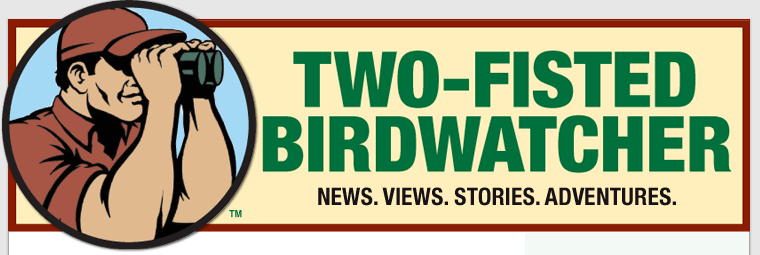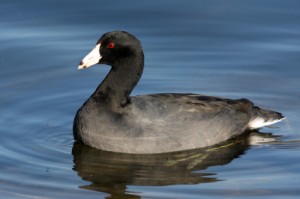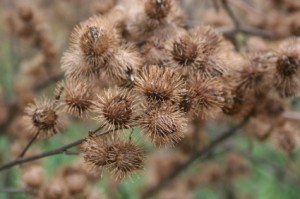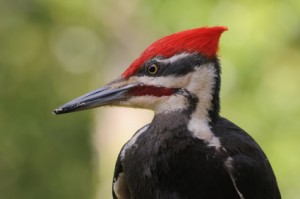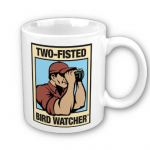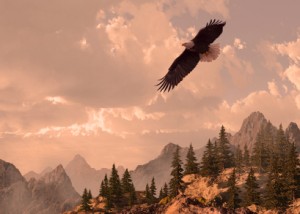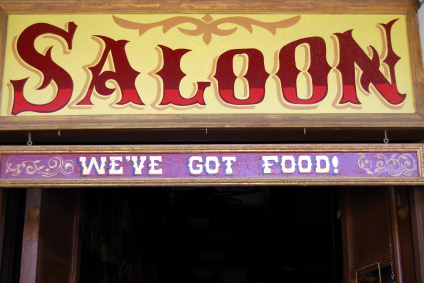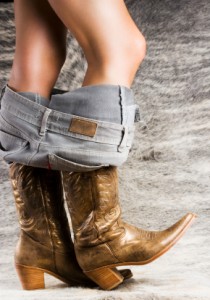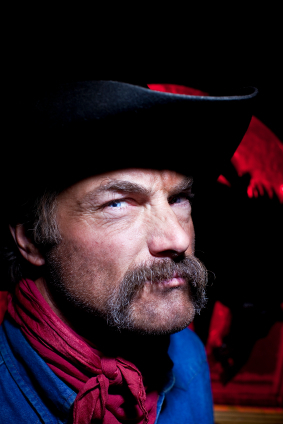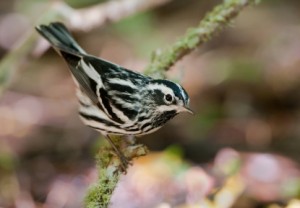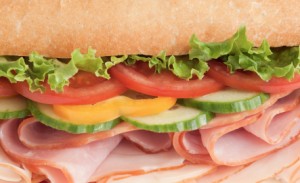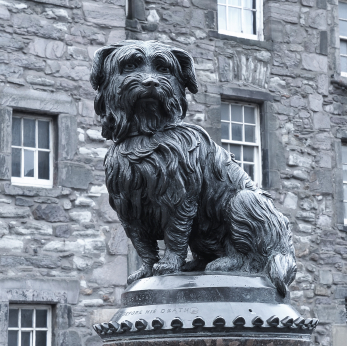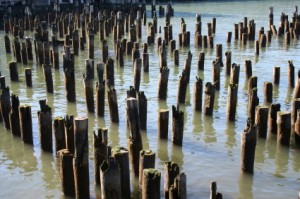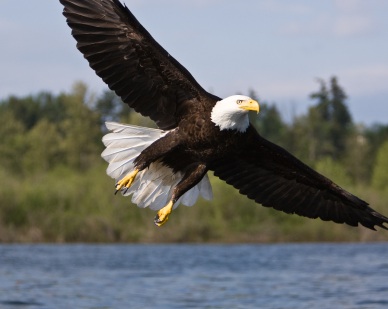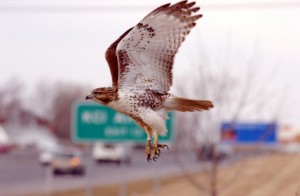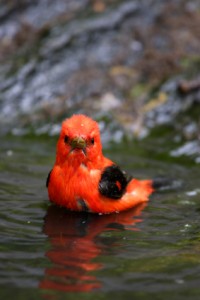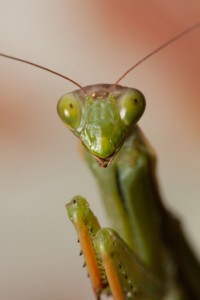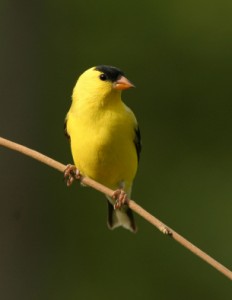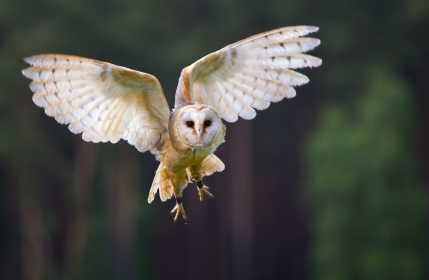Our last story, “Cowboys and Birdwatchers” on Sunday, October 16, had a cliffhanger ending. If you haven’t read it, you might want to scroll down to the post below this one, and take a look. It sets up everything that’s about to happen.
As we pick up where we left off, Hawke’s pretty girlfriend, the pacifist vegetarian Josie, leaves the saloon with a backpack that may or may not have contained a Colt forty-four. It was the wild west, after all, and such a thing was possible…
~ ~ ~
Cowboys and Birdwatchers, Part Two…
…Hawke was steps behind Josie when the man with the bushy mustache snatched the pack from her.
She held onto its strap, and pulled back. The man yanked hard, knocking Josie off balance, then tried to stop her fall by grabbing a fistful of her shirt. It ripped, buttons tearing.
She hit the ground. He got the pack.
Hawke moved toward the man, but Josie sprang up and clamped herself to his arm. Mustache looked in the bag and said, “Never was no gun!”
Josie surprised everyone by shouting, “Hah!”
Mustache spit on the ground and studied it as though something from a miner’s lung might tell him what to do. He flung the pack at Hawke, who caught it one-handed.
Mustache reached for his sidearm, in no hurry, relishing the moment.
Hawke moved Josie aside and pushed his free hand into the birdwatcher’s vest, getting a grip on his hidden pistol, but he couldn’t draw. It was tangled in the flapped pocket.
Hawke pushed the gun forward, stretching his vest toward the man. “Don’t make me shoot,” he said.
Mustache smiled and said, “I won’t be deceived twice.” He tightened his fingers around the handle of his revolver.

Hawke had been denied a steak dinner. He was hungry. His girlfriend had been thrown to the ground and had her shirt ripped open.
And this man was about to pull a gun. Hawke aimed low, as a warning. “BLAM!”
The explosion shocked a Crow from a nearby tree where it kept an eye on trash behind the saloon. Hawke noticed this bird. Even New Yorkers know that Crows can be symbols of the dark side of life.
Hawke’s birdwatcher’s vest was blown open and set afire by the shot. He tossed it away. The bullet had flown dangerously high and nicked the man’s ear, which bled quickly.
Now Hawke remembered that he’d been warned in the gun shop about kickback making a shot rise. Mustache froze. With the vest gone, Hawke easily brought out the Colt.

He pulled the trigger again, this time aiming well to the side. “BLAM!”
His second bullet hit the barrel wagon, and lamp oil spurted, splashing the ground. Mustache, ignoring his own pistol, jumped behind the wagon.
Hawke heard a whoop from inside, sounding like derby lady. The smell of gunsmoke mixed with raw lamp oil. Josie pulled Hawke toward their horses, yelling, “Stop!”
They mounted, spurred, and galloped. There was a cough behind them as pooling lamp oil touched flame, and Hawke remembered his burning vest.
In the saddle, he opened the pack, and dropped in the gun. It clanked against the telescope.
The air was cooling and light was failing as they retraced that morning’s switchbacks. It was a difficult trail, hard for others to follow.
At the rocky stream where they’d seen Dippers earlier, a Great Blue Heron stood tall and unmoving. Hawke admired this solitary hunter for its lack of interest in them.
Josie reined back, and their horses came to a stop. They were alone. No hoofbeats in the distance. Only the sound of moving water, the squeak of saddles.
Nodding her head, Josie said, “You did have a gun.”
Her hair was wild from having hit the ground. She ignored her ripped shirt as it flapped, a sight Hawke didn’t ignore.
“Well,” Hawke began, but wasn’t sure where to go.
She said, “Someone could’ve been shot.” Hawke thought: right or wrong, this girl won’t have anything to do with a man who shoots at someone.
“I’ll toss it in that river, Josie, just watch me,” he said.

She squinted, and cocked her head. Her loose hair shook.
He hefted the backpack off the saddle horn, dismounted and jogged downhill to the water’s edge.
Josie remained in the saddle, silhouetted against the west, watching him. She called out, but he couldn’t catch her words over the sound of his boots skidding on the stony slope.
The smell of water was strong. Currents in the stream sparked orange from the setting sun.
Hawke remembered the way Mustache dove behind the wagon. He mouthed a silent “Bang!” Then reached into the pack, got his hand around the familiar grip, and threw.
It was a low toss, invisible to Josie. But there was the splash of metal hitting water, loud in the fading light.
As Hawked climbed back, she said, “You threw the spyglass in, didn’t you?”
She was right. “Jeez, Josie,” he said. “How’d you know?” She jumped to the ground, and came to meet him.
Hawke added, “Now I got to get another one if we’re going to look for eagles.” Josie, smiling, eyes flashing, kept coming.
“But first thing we’re going to do,” Hawke said, “is ride to Granby and get a steak.”
“Well,” she said, “Maybe not the first thing….”
~ ~ ~
As Hawke and Josie ride off in the setting sun, we know Hawke’s going to get a couple of things that night, including a steak.
Josie will order steak, too, having a rebirth after their adventure, and giving up vegetarianism. This same change of heart will cause her to soon abandon Hawke and head further west for excitement.
She’ll join a theater troupe, and in Tombstone will hook up with Wyatt Earp. They’ll become lifelong partners. Her story’s kind of true; look it up.
Hawke, on the other hand is pure fiction. He’ll probably fade into the background of our imaginations and not be heard from again, but you never know.
The man with the frowning mustache will go on frowning, minus an ear lobe. The Crow will return to its tree above the old saloon. Dippers will always amaze us by walking underwater in Colorado’s running mountain streams.
The Great Blue Heron has fish, frogs and snakes on his mind, and still doesn’t give a damn about anything people do, whether they’re real or made up.
~ ~ ~
